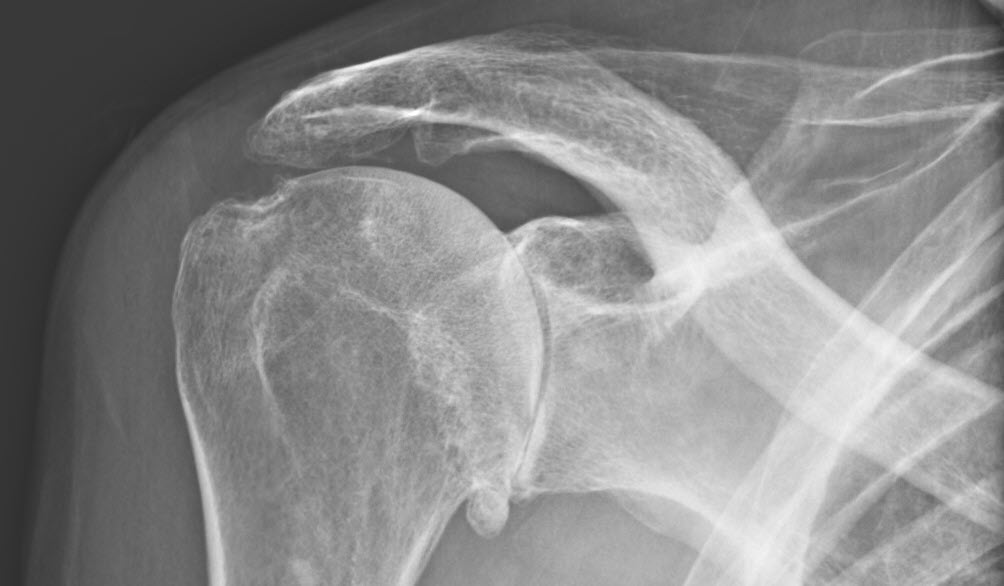Introduction
Advancements in surgical techniques have revolutionized the field of orthopedics, offering patients safer and more effective treatment options. One such innovation is minimally invasive shoulder surgery, also known as arthroscopic shoulder surgery. This approach utilizes small incisions, specialized instruments, and a tiny camera called an arthroscope to diagnose and treat various shoulder conditions. In this blog post, we will explore the advantages of minimally invasive shoulder surgery and its benefits for patients.
Smaller Incisions, Less Scarring
Unlike traditional open surgery, which requires larger incisions, minimally invasive shoulder surgery uses small keyhole incisions. These incisions are typically less than an inch long, resulting in minimal scarring. The smaller incisions also reduce the risk of infection, promote faster healing, and enhance the cosmetic outcome, allowing patients to enjoy a more aesthetically pleasing surgical result.
Reduced Tissue Disruption
Minimally invasive shoulder surgery aims to minimize trauma to surrounding tissues, such as muscles, tendons, and ligaments. The surgeon inserts specialized instruments through the small incisions, guided by the arthroscope, to access the affected area. By avoiding extensive tissue dissection, there is less damage to healthy structures, resulting in reduced pain, swelling, and post-operative complications. Patients often experience a quicker recovery and return to their normal activities.
Precise Diagnosis and Treatment
The arthroscope, a small camera attached to a flexible tube, provides the surgeon with a detailed view of the shoulder joint on a monitor. This high-definition visualization allows for accurate diagnosis of the underlying condition, such as rotator cuff tears, labral tears, or instability. With precise identification of the problem, the surgeon can tailor the treatment specifically to the patient’s needs. Whether it’s repairing a torn tendon, removing damaged tissue, or stabilizing the joint, the surgeon can perform targeted interventions with improved accuracy.
Shorter Hospital Stay
Minimally invasive shoulder surgery is typically performed on an outpatient basis, meaning patients can go home on the same day as the procedure, or often times, can be done in a Ambulatory Surgery Center. Compared to traditional open surgery, which may require an extended hospital stay, this approach allows for a more convenient and cost-effective experience. Patients can recover in the comfort of their own homes and avoid the risks associated with prolonged hospitalization.
Faster Recovery and Rehabilitation
Due to the reduced tissue disruption and trauma associated with minimally invasive shoulder surgery, patients often experience faster recovery times. Rehabilitation and physical therapy can commence earlier, facilitating a quicker return to normal shoulder function and range of motion. This accelerated recovery process not only saves time but also enables patients to resume their regular activities and regain their quality of life sooner.
Lower Risk of Complications
Minimally invasive shoulder surgery is associated with a lower risk of complications compared to open surgery. The smaller incisions reduce the risk of infection, bleeding, and damage to nerves or blood vessels. The minimized trauma to surrounding tissues also decreases the likelihood of post-operative stiffness and scarring. With proper surgical technique and post-operative care, patients can expect a smoother recovery process and a reduced risk of adverse events.
Conclusion
Minimally invasive shoulder surgery offers numerous advantages over traditional open surgery, making it a preferred choice for many patients. From smaller incisions and reduced scarring to precise diagnosis, faster recovery, and a lower risk of complications, this innovative approach is transforming the field of orthopedics. If you are experiencing shoulder pain or have been diagnosed with a shoulder condition, consult with an orthopedic specialist to determine if minimally invasive shoulder surgery is a suitable option for you. Embrace the benefits of this advanced technique and embark on your journey towards a healthier, pain-free shoulder.




